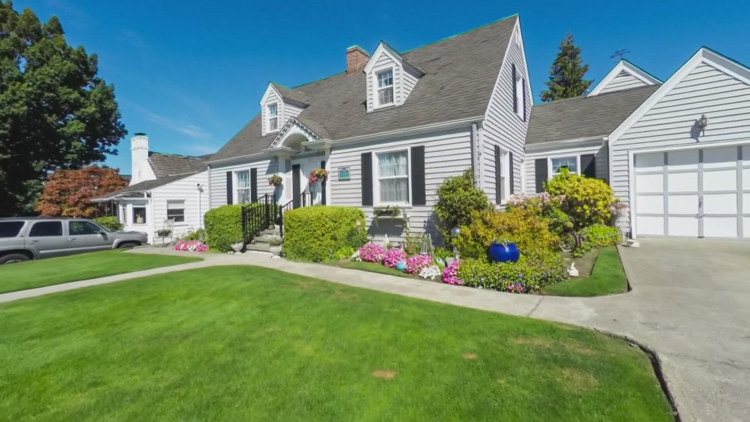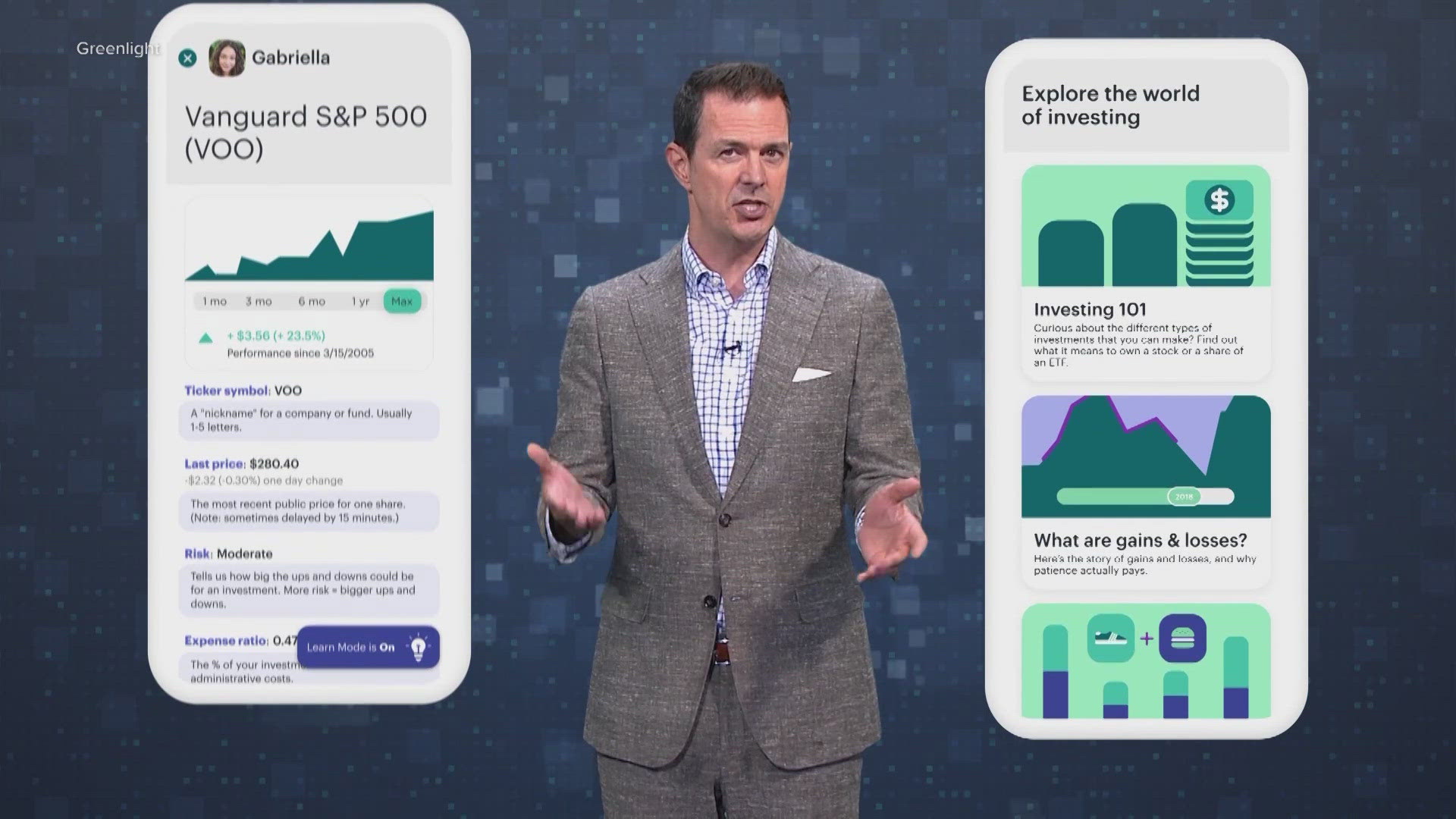DALLAS — This article was originally published by our content partners at the Dallas Business Journal. Read the original article here.
Mortgage refinancing activity is creeping upward in Dallas-Fort Worth but remains well below the levels seen a few years ago, when interest rates were much lower.
The 10,887 refinancing loans seen in DFW in the first quarter were a 22.9% increase compared with a year ago, according to data from real estate info company ATTOM, and represented a 4.6% quarter-over-quarter rise.
Mortgage rates have fallen slightly over the past year and that's one factor contributing to the recent rise in refinancing activity, said Julie Lynch, director of the Herbert D. Weitzman Institute for Real Estate at the University of Texas at Dallas.
The average rate on a 30-year mortgage was 7.23% in August 2023, according to Freddie Mac. Now, it's 6.78%, so for some homeowners it "may make sense" to refinance, Lynch said.
But the monthly savings from refinancing to a lower rate have to be balanced with the upfront closing costs of a new mortgage, which can run anywhere from $2,400 to $4,000 depending on the loan amount, Lynch said.
Elevated interest rates have dealt a significant blow to refi activity since the first quarter of 2021, when DFW saw 57,040 refinance originations. At the time, mortgage rates were around 3%.
In addition to rising mortgage rates, Lynch attributed the fall in refinancing activity in the past three years to a lack of housing supply seen both locally and nationally.
Historically, refinancing in DFW peaked at 65,832 loans in the third quarter of 2003.
DFW led Texas' biggest metros in refinance, HELOC and purchase loan originations in the first quarter of 2024 with 28,641, according to ATTOM. Houston followed fairly closely with 24,312 total loan originations and San Antonio ranked third with 10,407. HELOC, or home equity line of credit, is a type of loan secured by a home that provides a revolving credit line for expenses such as credit card debt consolidation.
National picture
ATTOM analyzed data in metros with populations of at least 200,000 and at least 1,000 total mortgages in the first quarter of 2024.
Nationally, refinancing activity was up 11.4% compared with a year ago — although it was down 1.9% compared with the fourth quarter of 2023.
As the Business Journals have reported, elevated interest rates are shaping the housing market in a number of ways — contributing to a lock-in effect that has many would-be sellers staying put and limiting inventory, which is one factor contributing to a lack of affordable homes.
Decreased refi activity has also been a factor in layoffs in the banking sector.
Nationally, refinancing originations were down 82.1% compared with the peak in early 2021, when interest rates fell below 3% and many homeowners rushed to lock in loans at historically low rates.
Refinancing loan volume totaled $149.6 billion nationally in the first quarter, a 1.2% decline from the fourth quarter but up 4.7% from a year ago.
Overall residential lending remains down
According to ATTOM’s analysis, loans for home purchases fell 12.3% year over year and 9.9% compared with the fourth quarter of 2023.
HELOCs also slipped 13.9% year over year — even though recent data shows American homeowners with a mortgage posted an average increase of 9.6% or $28,000 in equity gains last year.
Refinancing activity was up in 82% across large metro areas compared with a year ago.
The sharpest year-over-year drops were seen in Honolulu, Hawaii (-42.3%); Fort Myers, Florida (-34.5%); St. Louis, Missouri (-31.4%); Jackson, Mississippi (-22.7%); and Albany, New York (-22.7%).
Conversely, metros with the biggest year-over-year increases were Wichita, Kansas (62.4%); Virginia Beach, Virginia (52.2%); Knoxville, Tennessee (48.1%); and El Paso (47.5%).
Inventory not out of the woods yet
But as median home prices continue to rise in many markets, an affordability crisis may only perpetuate housing's lock-in effect.
According to real estate giant Redfin, nationwide median home prices reached another new record high of $396,000 for the four-week period that culminated on June 16. Median monthly mortgage payments hit $2,781, which is only $60 below the previous record high.
While residential listings are up almost 8% annually, they are still low for the summer.
"The modest increase in inventory that we’re seeing right now is expected to continue over the course of the next few months," said Matthew Walsh, a housing economist at Moody’s Analytics Inc. "[But] we won’t see the breakdown of this lock-in effect."



